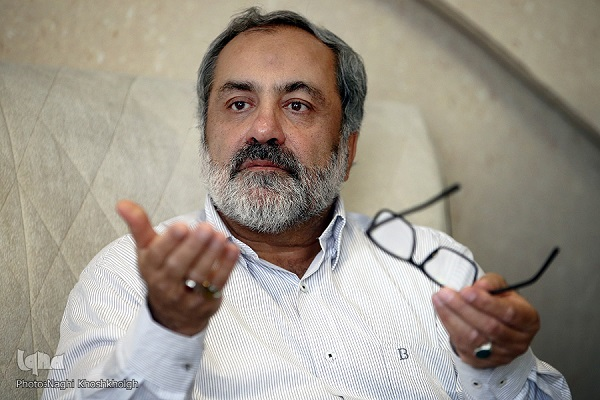Imam Ali’s Strong Opposition to Unethical Conduct in Politics


In a series of sessions, Afroogh tries to introduce the thoughts of Imam Ali (AS). In the 22nd session, he talks about Sermon 200 of Nahj al-Balagha and the necessity to observe ethical principles in politics. Here is a summary of his remarks:
The sermon I have chosen to talks about today is Sermon 200. One of the serious issues about which there are many discussions is the relation between politics and ethics.
Many people believe that in politics everything is allowed, neglecting the fact that even Ibaha (permissiveness) is an ethical act, a negative one of course.
Imam Ali (AS) is very careful to protect positive ethics in politics and is opposed to any unethical conduct and Machiavellistic approach in the field of politics and governance.
Given his commitment to ethics, rules and principles, Imam Ali (AS) considers his hands to be tight in politics. Imam (AS) has an amazing remark in Sermon 200 of Nahj al-Balagha: “By Allah, Mu’awiyah is not more cunning than I am, but he deceives and commits evil deeds. Had it not been for the reprehensibility of deceit, I would have been the most cunning of all men. But (the fact is that) every deceit is a sin and every sin is disobedience (of Allah), and every deceitful person will have a banner by which he will be recognized on the Day of Judgment. By Allah, I cannot be made forgetful by strategy, nor can I be overpowered by hardships.”
A Muslim ruler is not allowed to deceive people but should use the method of convincing people. A foreign enemy’s case is different of course and when we are facing a foreign enemy, there needs to be judiciousness and shrewdness and many other issues. But these have no place in the relationship among citizens and rulers in the Muslim government.


